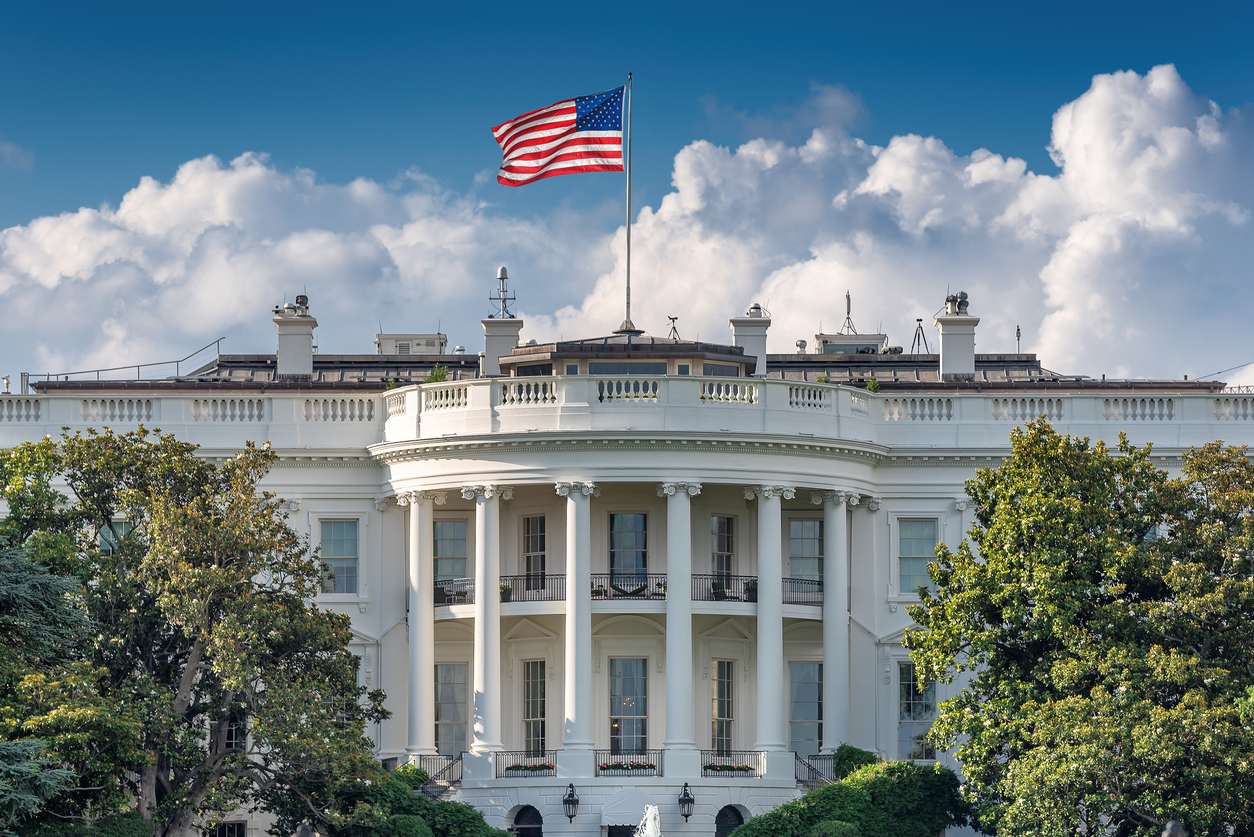The Scoop: Why the DoD says it didn’t inform the White House of secretary’s hospitalization for days
Plus: ‘Compromised’ SEC X account sends bogus tweet; Meta announces new restrictions for minors.

Defense Secretary Lloyd Austin was hospitalized first for surgery to treat prostate cancer, then later for a serious urinary tract infection. These both left him unable to perform his duties, and responsibilities were passed to Deputy Defense Secretary Kathleen Hicks.
This all sounds like prosaic, run-of-the-mill stuff. Vice President Kamala Harris took over the presidential powers while Joe Biden underwent a root canal last year, for instance.
The difference is that Austin and the Department of Defense did not inform the White House, Hicks or the American people about this change. For days.
The AP reported that the Pentagon blamed this massive communications failure on a single key staffer who was out with the flu while all this was going on.
Now, the president is requiring that cabinet departments inform the White House if a secretary is unable to perform his or her duties – a rule that probably never existed because it seems like such incredible common sense.
Why it matters: We’re talking about the Department of Defense here, the entity that controls the most powerful military in the world. There are valid reasons that they may not always be able to be perfectly transparent with the public. But the president – a.k.a., the secretary of defense’s boss – should always know if he’s in intensive care.
If it is indeed true that one employee’s sickness led to a failure to inform anyone of Austin’s illness, it points out a systematic failure in their communications plan. There should always be redundancies and someone doublechecking reporting protocol to ensure everything is being executed according to plan – something one would hope the Department of Defense would understand.
Whatever the true cause of this massive communications failure, it’s a good time to ensure that you’ve got backup plans in place for your own crisis communications efforts. To draw a more relatable parallel, if you have one person in charge of reporting to the CEO, ensure you have a designated No. 2 in case the first person is unable to discharge their duties. And if it’s really important, maybe tell the CEO again, just to make sure.
Editor’s Top Picks:
- The SEC X account posted that bitcoin exchange-traded funds had been approved. But the account had been “compromised,” according to CBS News. The tweet was a fake. However, adding to the confusion, the SEC is expected to approve some of the ETFs this week. For its part, X says the breach wasn’t due to an error on their end and revealed that the SEC did not have two-factor authentication enabled. While we don’t know precisely how the incident occurred, this is a reminder to check your passwords, turn on 2FA and educate teams about social phishing attempts.
- Meta has announced that it will give children and teens under 18 the most restrictive content settings on both Instagram and Facebook by default, CNBC reported. That means they’ll be prevented from searching for or seeing certain kinds of content, including that related to self-harm, eating disorders, nudity or illegal goods. Instagram users will also be prompted to update their privacy settings. The move comes in the wake of pressure on social media sites to better protect children from the addictive and negative effects of social media, including a lawsuit from 42 attorneys general. While this change likely won’t impact most brands, it’s part of a larger trend toward more protections for youths on social networks.
- PepsiCo and grocery chain Carrefour are bickering about which one dumped the other. The Wall Street Journal reports that Carrefour initially announced that it would stop selling PepsiCo products, including brands like Lay’s and Quaker Oats, due to high prices. But now Pepsi is claiming that they broke up with Carrefour. In a statement provided to the Wall Street Journal, a spokesperson said: “Regrettably, Carrefour has mischaracterized the chain of events. Given the lack of agreement on a new contract, we stopped supplying to Carrefour at the end of the year, something they were aware could happen. We hope we can agree on terms soon so our products can be back on their shelves for consumers to enjoy.” Carrefour responded with a flat, “We, at the Carrefour Group, have taken this decision.” Whatever the truth, Carrefour struck first, and their version of events is likely to be the one that sticks – an important thing to remember in PR.
Allison Carter is editor-in-chief of PR Daily. Follow her on Twitter or LinkedIn.







